
Research areas
The laboratory involves the following research areas:
| Basic, applied psychophysiology and Biofeedback |
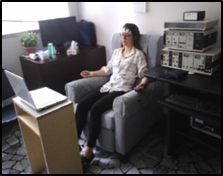 This research area covers the study of basic psychophysiological processes (mind-body reciprocal interactions), as well as their involvement in anxiety, stress, depression and medical conditions (e.g., cardiovascular disorders). Research on psychophysiological interventions such as biofeedback is also included. Examples:
This research area covers the study of basic psychophysiological processes (mind-body reciprocal interactions), as well as their involvement in anxiety, stress, depression and medical conditions (e.g., cardiovascular disorders). Research on psychophysiological interventions such as biofeedback is also included. Examples: 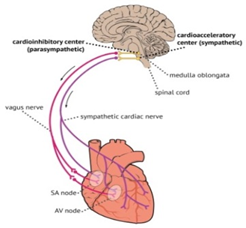
- The association between autonomic (heart rate variability, HRV), affective, and cognitive dysfunctions in cardiac surgery patients.
- The relationship between HRV dysregulation and depression.
- The effect of HRV-biofeedback in improving the sympatho-vagal balance in depressed patients after cardiac surgery.
| Cognitive and affective neuroscience |
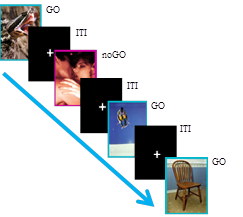 This research area covers the investigation of central and peripheral nervous system correlates of cognitive and affective processes, such as emotional processing, decision-making, moral reasoning in normal and clinical conditions, including anxiety, phobias, depression, psychopathy and behavioral addiction. Examples:
This research area covers the investigation of central and peripheral nervous system correlates of cognitive and affective processes, such as emotional processing, decision-making, moral reasoning in normal and clinical conditions, including anxiety, phobias, depression, psychopathy and behavioral addiction. Examples: 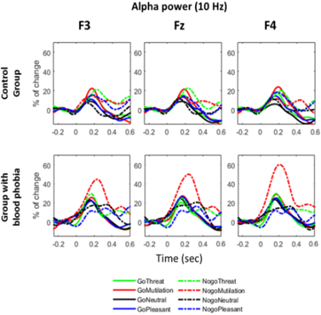
- Behavioral (reaction times, RTs) and neural (electroencephalography EEG and event related potentials, ERPs) correlates of emotional response inhibition in individuals with phobic or depressive symptoms.
- Behavioral (RTs) and neural (ERPs) correlates of the cognitive-emotional interplay in decision making.
- Autonomic (HR, skin conductance, SC and electromyography, EMG) stress reactivity and neural (EEG and ERPs) correlates of emotional response inhibition in behavioral addicted individuals.
- Psychopathy-related personality traits, behavioral (RTs, eye movements) and physiological measures (EEG, HR, EMG, Startle response) in affective processing.
| Cortical reorganization |
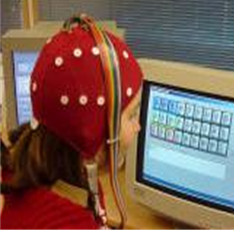 This research area covers studies focused on language lateralization in schizophrenic and psychotic patients, cortical reorganization in aging, and in patients after brain injury. Cortical reorganization interventions (such as neurofeedback) are also included. Examples:
This research area covers studies focused on language lateralization in schizophrenic and psychotic patients, cortical reorganization in aging, and in patients after brain injury. Cortical reorganization interventions (such as neurofeedback) are also included. Examples:
- Language-related neural (EEG and ERPs) asymmetry patterns in major psychiatric disorders (e.g. schizophrenia, bipolar disorder).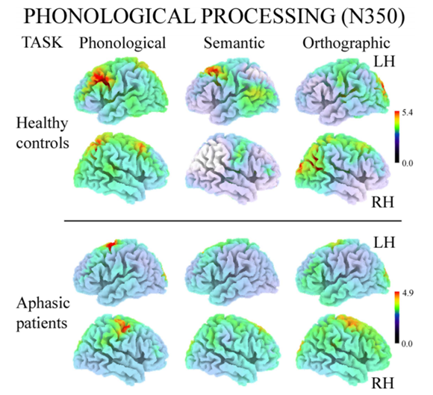
- EEG-neurofeedback (alpha asymmetry) and the modulation of negative affect, mood and anxiety symptoms.
| Psychophysiology of sleep |
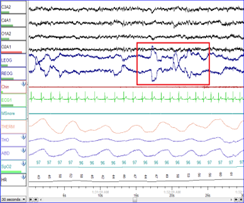 This research area is focused on the investigation of cognition, emotion and autonomic nervous system activity during nocturnal or diurnal sleep. The studies also investigate how psychological factors affect subjective and objective sleep quality in clinical and non-clinical populations across life span. The role of psychological factors (e.g., metacognitive processes, personality, affect) on subjective and objective sleep quality at different ages.
This research area is focused on the investigation of cognition, emotion and autonomic nervous system activity during nocturnal or diurnal sleep. The studies also investigate how psychological factors affect subjective and objective sleep quality in clinical and non-clinical populations across life span. The role of psychological factors (e.g., metacognitive processes, personality, affect) on subjective and objective sleep quality at different ages.
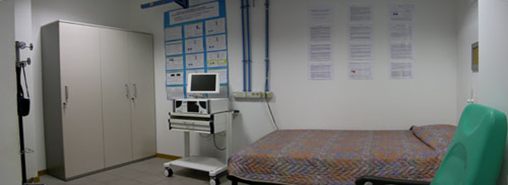
- How daytime sleep (nap) can promote the consolidation of information.
- Language-related neural (EEG and ERPs) asymmetry patterns in major psychiatric disorders (schizophrenia, bipolar disorder, depression).
- EEG-neurofeedback (alpha asymmetry) and the modulation of negative affect, mood and anxiety symptoms.
| All research areas include qualified collaborations with national and international research groups. For ongoing studies and current research collaborations see people personal page… |





